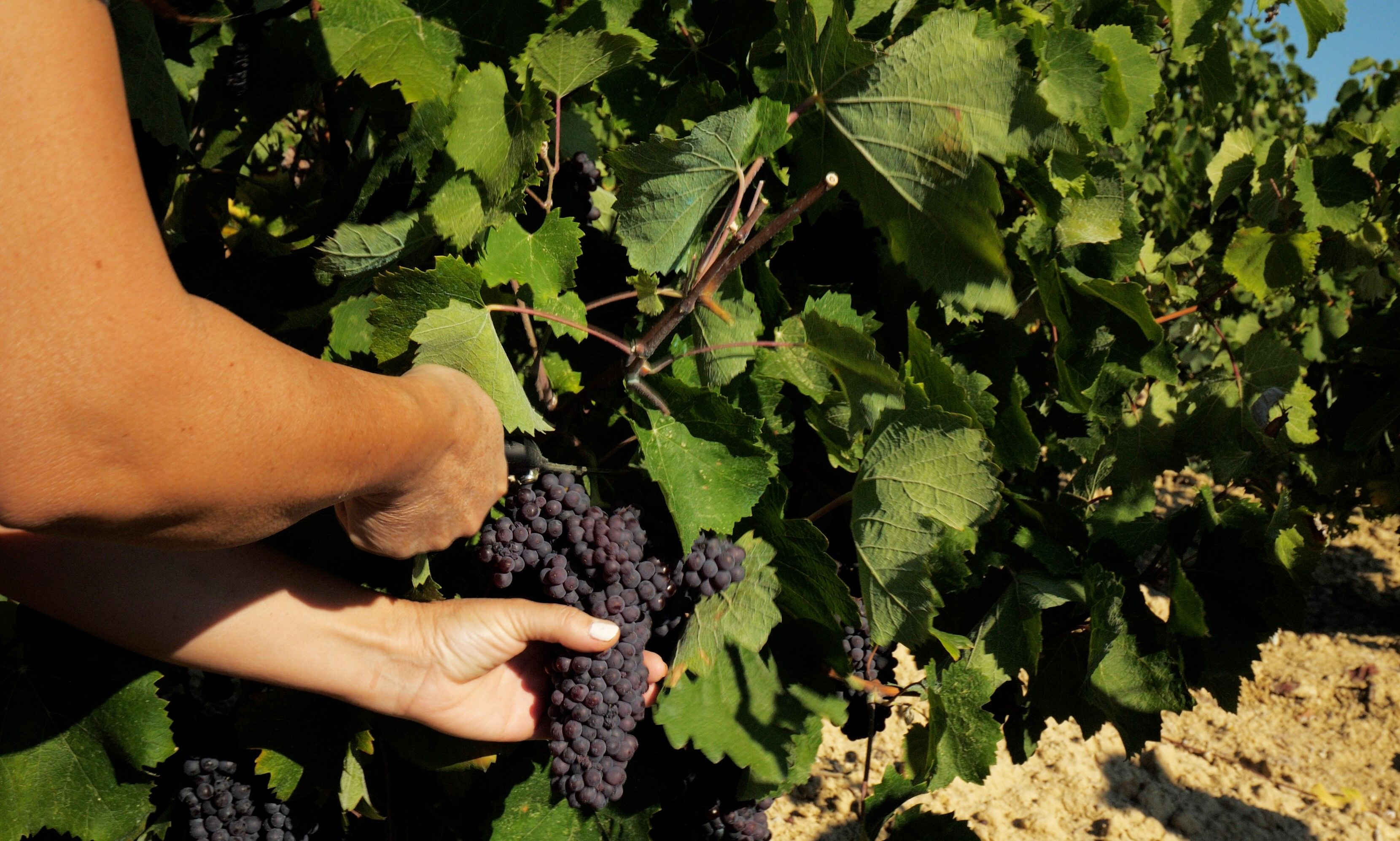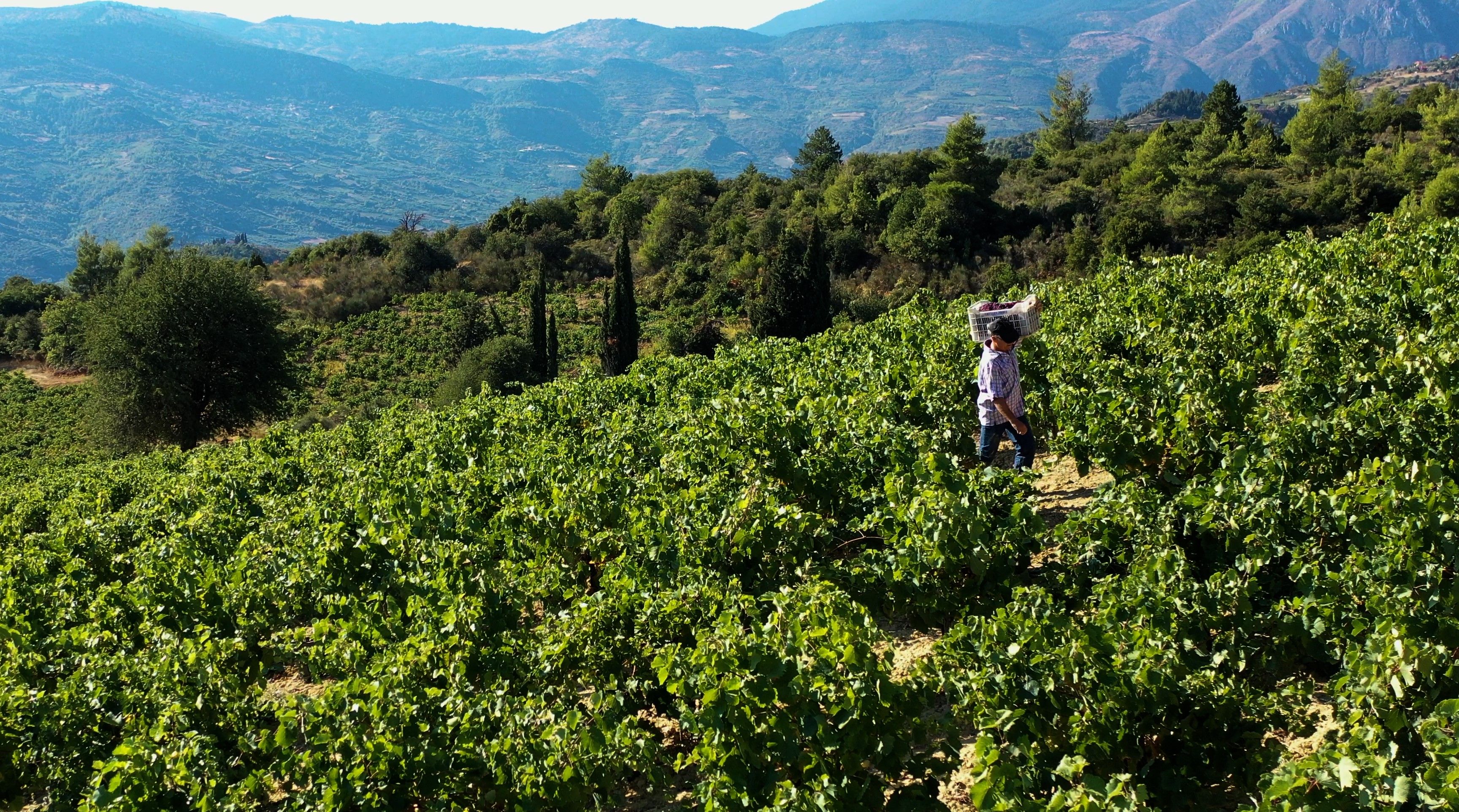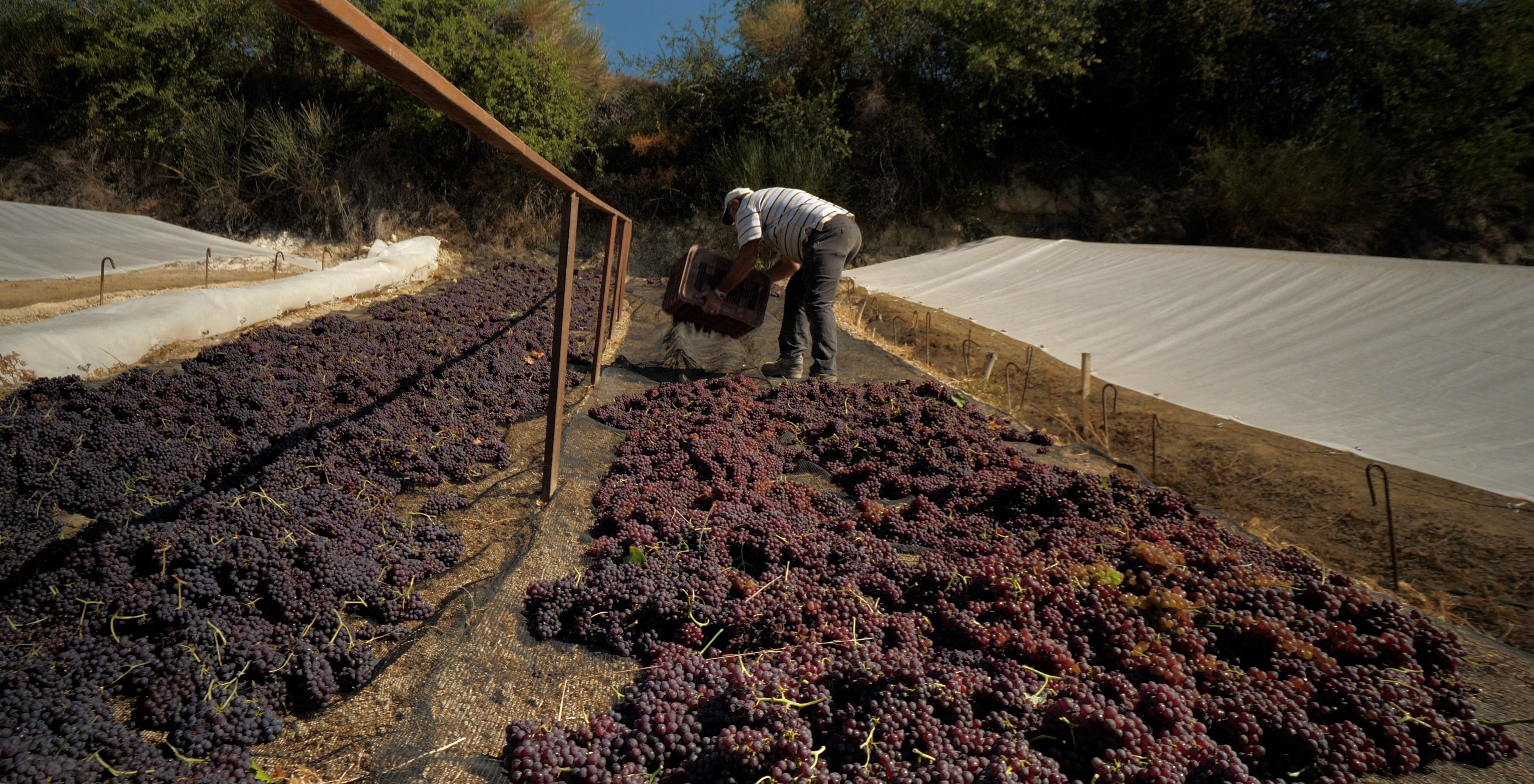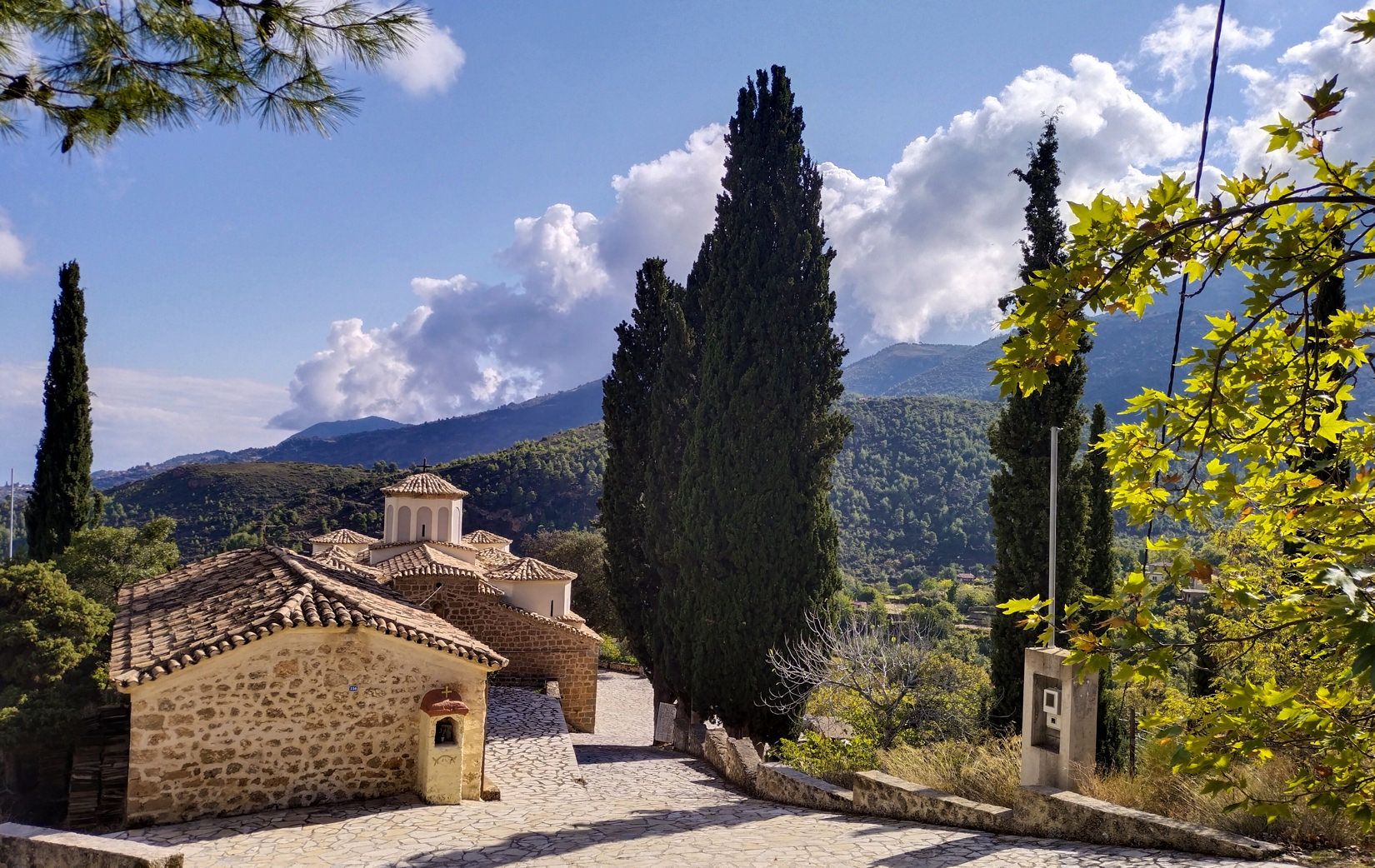Rethi
Rethi of Corinthia is a charming traditional village located at an altitude of 530 meters. It's situated just 30 minutes away from Xylokastro and is very close to Trikala. The village is home to about 200 inhabitants who keep their place alive through agriculture, animal husbandry, and cultural activities.
What's particularly striking about Rethi is the unique colors that dress the village throughout the year. The green, brown, and yellow of the trees and their leaves, along with the red tiles of the traditional houses, make up a special setting that is perfectly suited to the Greek countryside.
Fun facts regarding the naming of the village – Testifying the presence of the “Arvanians”
The name of the village, "Rethi," testifies to the presence of Arvanites in the area, as it means "circumference of a circle" in Arvanites – read more (dialect of the Albanian language).
According to oral testimonies, around the perimeter of the site where Rethi is now located, there were once five settlements named after its inhabitants. In the middle of this imaginary circle, there were some more local houses, the neighborhood known as "Matsoukeika", which served as the yeast for the creation of the village as we know it today.
A place of activities, beauty, and hospitality
Visitors to Rethi can enjoy a range of activities that connect them with nature, such as horseback riding on the slopes of Ziria and the gullies of Fonissa, in the presence of a riding guide. Afterward, they can indulge in the local flavors at a café-restaurant located just across the street, which offers a wonderful space that looks like something between a playground and a farm. "Fysi kai On" as the business is called (its actual meaning in Greek is “Nature and Being”), offers a 360 experience to the whole family. For those who prefer a more traditional experience, a trip to the local café for coffee, tsipuro, ouzo and snacks (fun fact: we call those local cafes “cafenio” in singular and “cafenia” in plural).
Finally, Rethi is known for its agricultural products, such as black and Corinthian raisins, olives, and grapes. Wine is one of the village's strong points, and the farmers take pride in cultivating some of the finest grapes in the region.
*** Arvanites had their origins from Albania, which back then didn’t exist as a county. However, the inhabitants had their own language, customs, and ethics. The “Arvanites” were Christians and many of them came and lived in Greece during the 14 – 16th century, boosting the local economy by contributing with their hard work. They were such a great input to Greece, as they played an important role during the Greek Revolution against the Ottoman Empire.


























